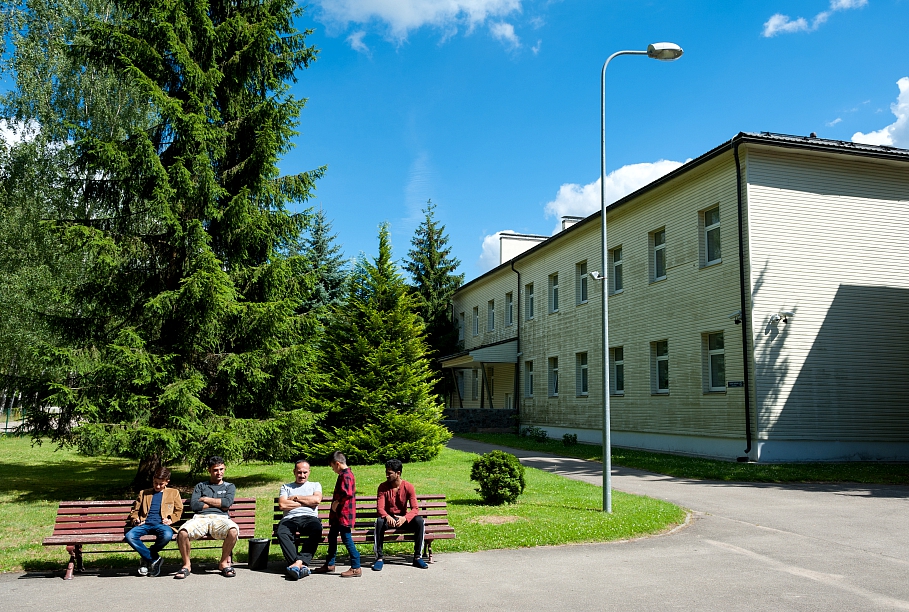During a closed committee meeting today, MPs heard a report from the Security Police and the Constitutional Protection Bureau on the readiness of security services in connection with the taking-in of asylum seekers from other EU countries.
The reason for today's meeting was the recent attacks on women in Germany on New Year's eve. ''Even though the taking in of refugees is a matter of national security, these events show that there can also be threats to public order,'' Latkovskis pointed out.
He said that after refugees are granted refugee or alternative status, they will be placed in various Latvian regions, not letting them to form closed communities.
Latkovskis said that resettling these refugees in various Latvian regions will lessen security risks, but added that in order to adequately monitor their activities, additional resources for the Security Police will be needed.
''One thing is clear, when the first refugees arrive in Latvia, we will not only have to increase the monitoring activities by the Security Police, but also increase its staff. We must be confident that the refugees we take in will not create any risks to national security or public order,'' he said.
Meanwhile, outgoing PM Laimdota Straujuma on Tuesday morning told Latvian Television that, in wake of the events in Germany, "The European immigration policy should be reviewed."
In response to a question about who's responsible for the current situation, the PM said that she "Would like to point to the European Commission and several EU member states that were very positive in admitting refugees."
The first group of up to 10 refugees to arrive in Latvia will be from Greece.
They will be accommodated at the refugee center in Mucenieki until they have been granted refugee or alternative status.




























